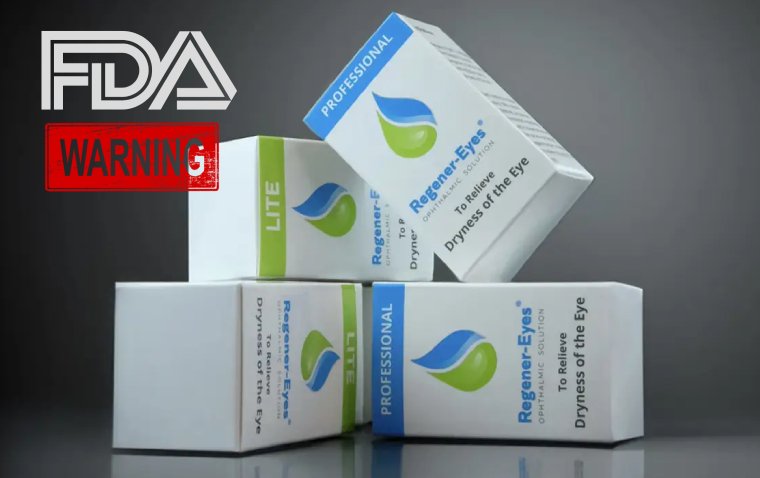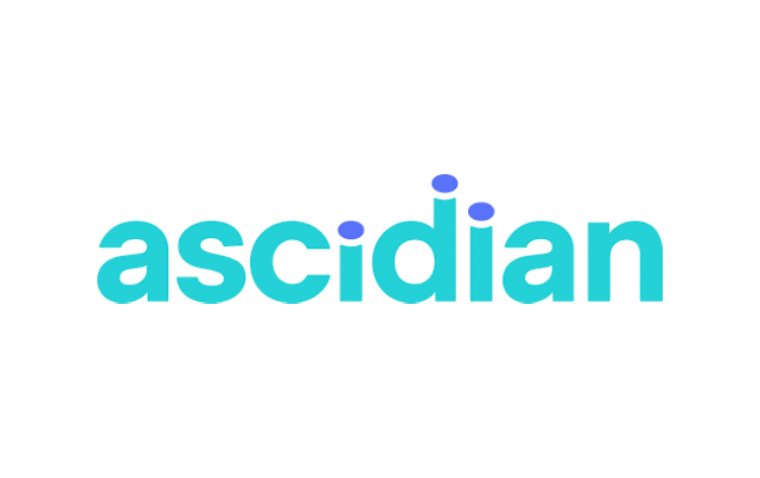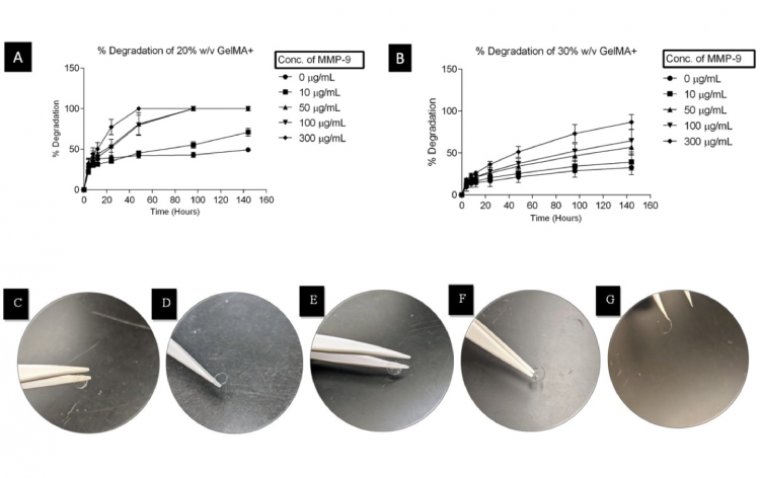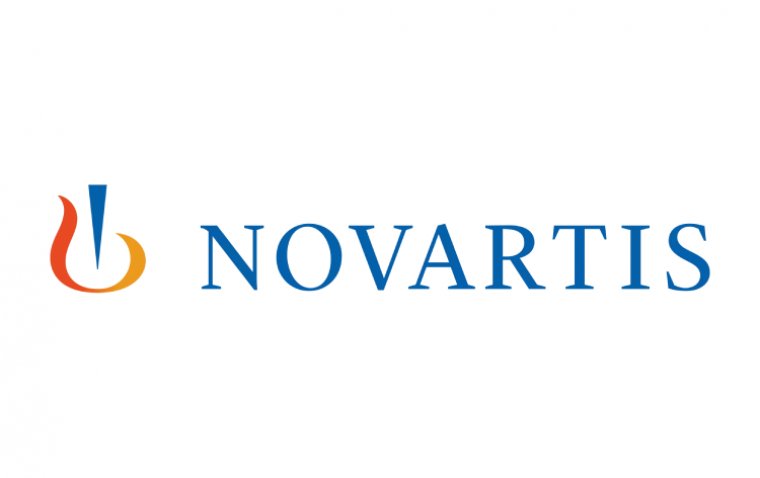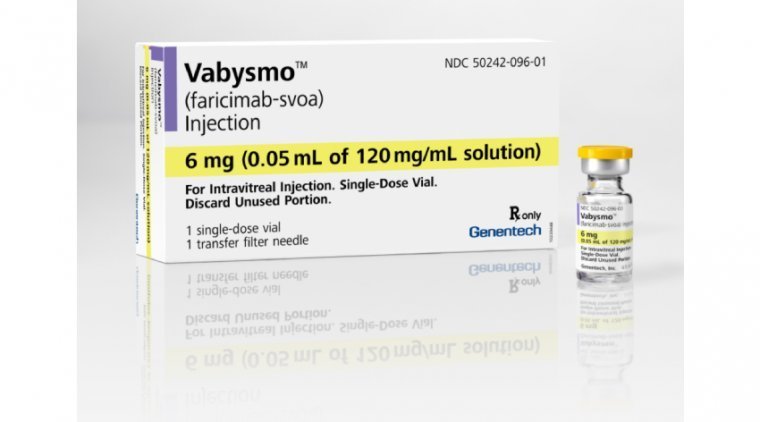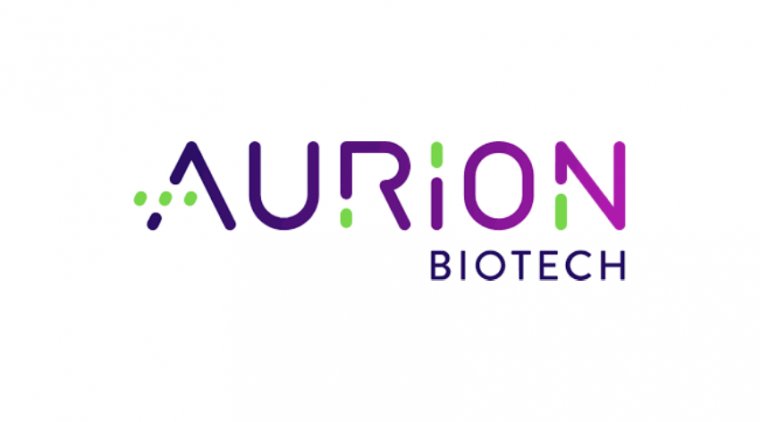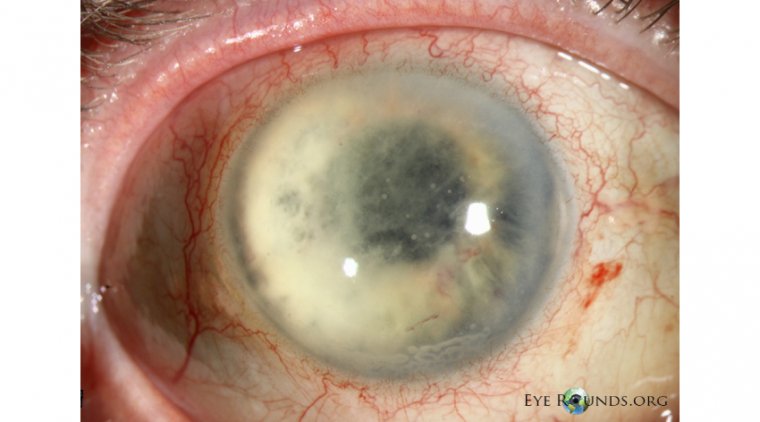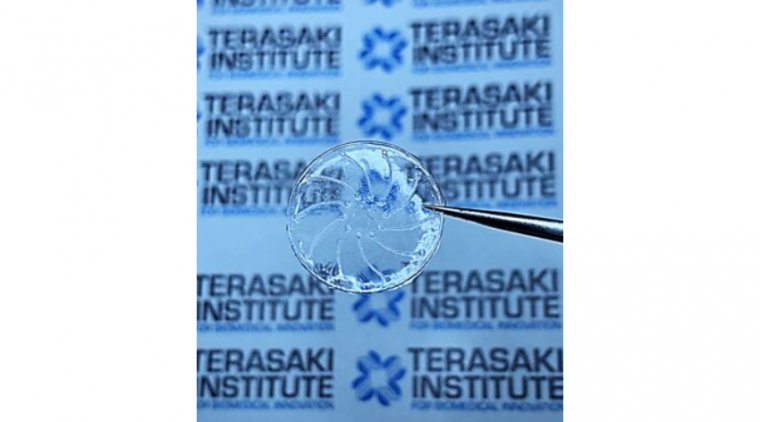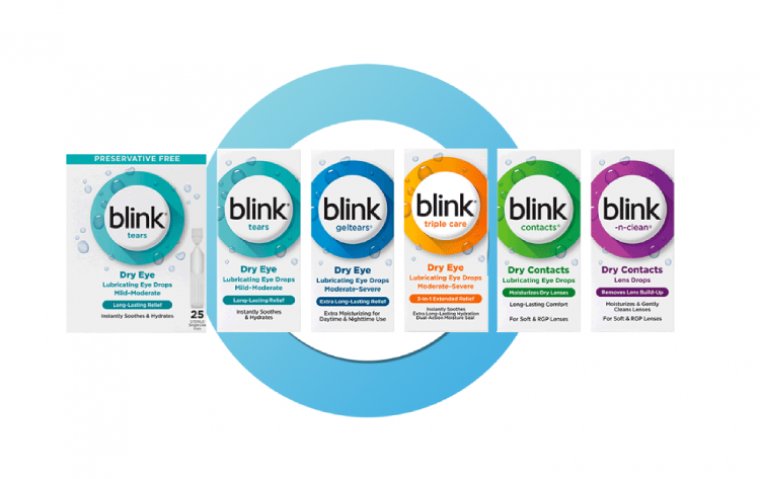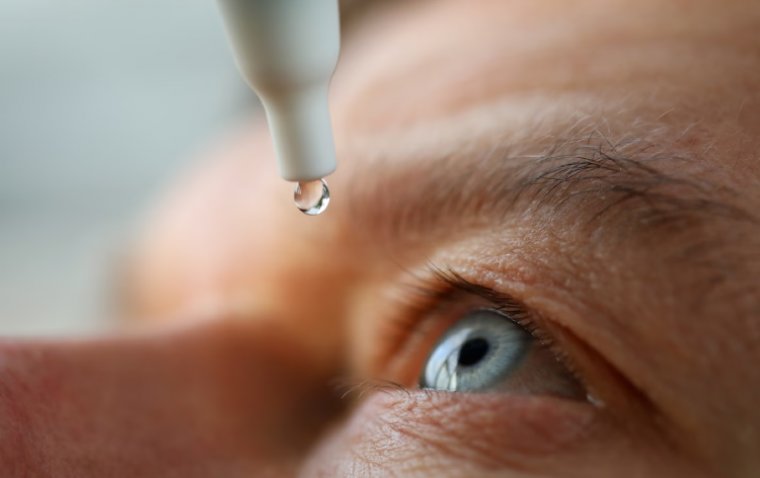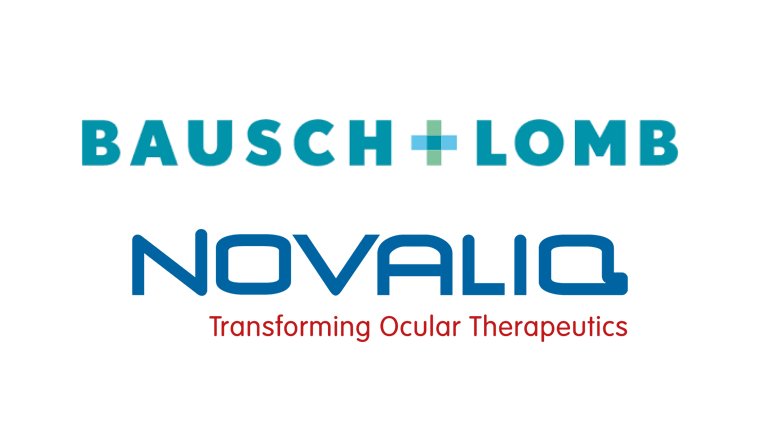
FDA Approves Bausch + Lomb and Novaliq's Miebo for Dry Eye Treatment
Bausch + Lomb announced that the FDA has granted approval for Miebo (perfluorohexyloctane ophthalmic solution; previously referred to as NOV03) to treat the signs and symptoms of dry eye disease (DED).
Miebo is the first and only FDA-approved treatment for DED that specifically addresses tear evaporation.
Miebo is administered by applying a single drop to each eye, four times a day, and it aims to diminish tear evaporation on the surface of the eye.
“Today’s FDA approval of Miebo further advances DED treatment by addressing a significant unmet need for millions of people suffering with this disease,” Brent Saunders, chairman and CEO of Bausch + Lomb, said in a company news release. “We are proud to bring to market the first and only prescription eye drop approved in the United States for the treatment of DED that directly targets evaporation. We expect to make Miebo commercially available in the second half of this year.”
The FDA's approval of Miebo holds significant importance as it represents the first prescription eye treatment to be endorsed by the FDA since Bausch + Lomb transitioned into an independent, publicly traded eye health company in May 2022.
The decision to grant FDA approval for Miebo was based on the findings obtained from two extensive studies, GOBI and MOJAVE. These studies lasted for a period of 57 days, involved multiple centers, and employed a randomized, double-masked, saline-controlled approach. The combined studies included a total of 1,217 patients who exhibited both a history of dry eye disease (DED) and clinical signs of meibomian gland dysfunction (MGD), a primary factor contributing to the development and progression of the disease. It is estimated that approximately 86% of individuals with DED experience excessive tear evaporation, with MGD playing a significant role in this process.
During the GOBI and MOJAVE studies, Miebo successfully achieved the primary efficacy endpoints related to both signs and symptoms. These endpoints included the evaluation of total corneal fluorescein staining (tCFS) and eye dryness Visual Analog Scale (VAS) score, measured from the baseline at week eight (day 57 ± 2). Patients enrolled in the studies reported relief from symptoms as early as day 15, with continuous improvement observed until day 57. Statistical analysis revealed a significant reduction in VAS eye dryness score favoring Miebo in both studies. Furthermore, significant reduction in tCFS favoring Miebo was also observed at days 15 and day 57 in both studies.
Among the adverse reactions experienced with Miebo, the most common ones reported were blurred vision (1.3-3%) and eye redness (1-3%).
“Tear evaporation, which is a leading driver of DED, presents a significant treatment challenge. With the approval of Miebo, eye care professionals can now take a new approach to DED therapy with a first-in-class water- and preservative-free prescription treatment option that specifically addresses tear evaporation,” said Paul Karpecki, OD, director, Cornea and External Disease at Kentucky Eye Institute, and associate professor, University of Pikeville, at the Kentucky College of Optometry.
Back in 2019, Bausch Health formed a partnership with Novaliq, a Germany-based company. This agreement involved Bausch obtaining an exclusive license for the commercialization and advancement of NOV03, an investigational treatment that has since been rebranded as Miebo, within the United States and Canada. The specific financial details of this arrangement were not made public. As per the licensing agreement's provisions, Novaliq stands to receive upfront and milestone payments linked to regulatory and commercialization milestones, along with sales royalties based on the annual net sales of NOV03 in the United States and Canada.
(1).jpg)
